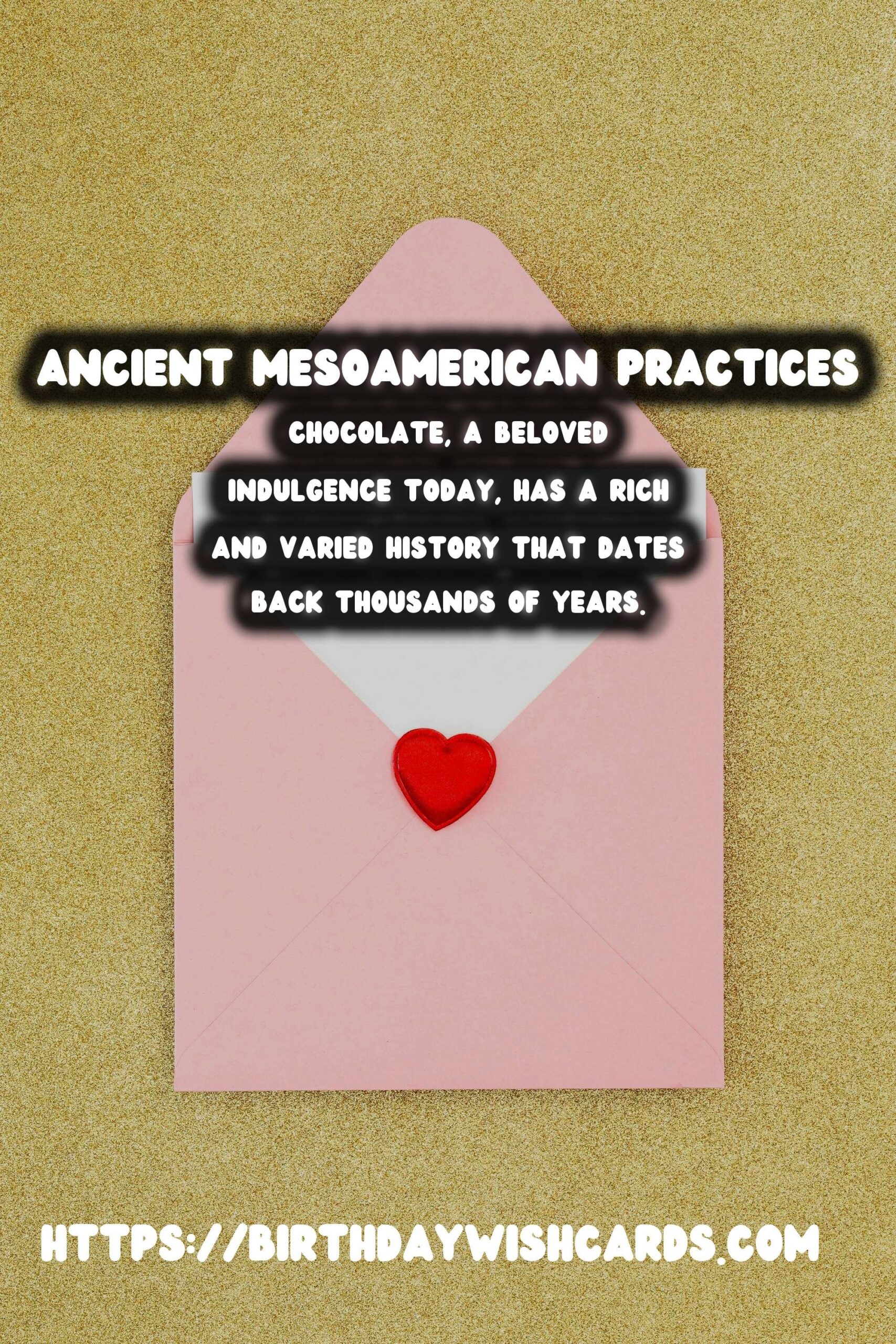
Chocolate, a beloved indulgence today, has a rich and varied history that dates back thousands of years. From its origins in Mesoamerica to its present-day status as a global confectionery delight, the journey of chocolate is as surprising as it is delicious.
The Origins: Chocolate in Mesoamerica
The ancient Maya and the Aztec civilizations were among the first to recognize the value of the cacao bean. Referenced in the Popol Vuh, a sacred Maya text, cacao was considered a divine gift and played a central role in their culture. These ancient cultures drank chocolate not as the sweet treat we know today, but as a bitter fermented beverage.
The Maya traditionally prepared a drink made from crushed cocoa beans, mixed with water and flavored spices, that was frothy, bitter, and often enjoyed during religious ceremonies. To the Aztecs, cacao beans were a luxury and often used as currency. Their preparation included flavorings such as vanilla and chili, reflecting the versatility and reverence of chocolate at the time.
Chocolate’s Journey to Europe
Chocolate was introduced to Europe in the 16th century when Spanish explorers, fascinated by this unique drink, brought it back home, along with its accompanying myths and health claims. Initially embraced by Spanish nobility, chocolate quickly became a staple across European courts.
The drink underwent modifications, with sugar added to counteract its natural bitterness. By the 17th century, ‘chocolatiers’ had emerged in France, developing new recipes and techniques for preparing chocolate, making it more accessible and enjoyable for a growing European audience.
Industrialization and Mass Production
The Industrial Revolution in the late 18th and early 19th centuries marked a new era for chocolate production. Innovations such as van Houten’s cocoa press in 1828 allowed for the removal of cocoa butter and reduced its costs, paving the way for the modern chocolate we enjoy today.
With further innovations like the conching process by Rodolphe Lindt in 1879, the texture of chocolate became smoother and more palatable. This period also saw the birth of iconic chocolate brands such as Cadbury, Hershey, and Nestlé, each contributing to popularizing and diversifying chocolate products worldwide.
Chocolate’s Global Impact and Modern Considerations
Today, chocolate is enjoyed on a massive scale worldwide, symbolizing love, luxury, and celebration. It’s a cornerstone of several industries, including confectionery, baking, and even beauty. However, the modern chocolate industry faces challenges such as ethical sourcing, sustainability, and fair-trade practices, as consumers become more aware of the impact of chocolate production on local ecosystems and economies.
As the story of chocolate continues, it reflects not just a history of indulgence, but also of innovation and change, adapting to fulfill the desires and values of society at large.
Chocolate, a beloved indulgence today, has a rich and varied history that dates back thousands of years. Today, chocolate is enjoyed on a massive scale worldwide, symbolizing love, luxury, and celebration. 
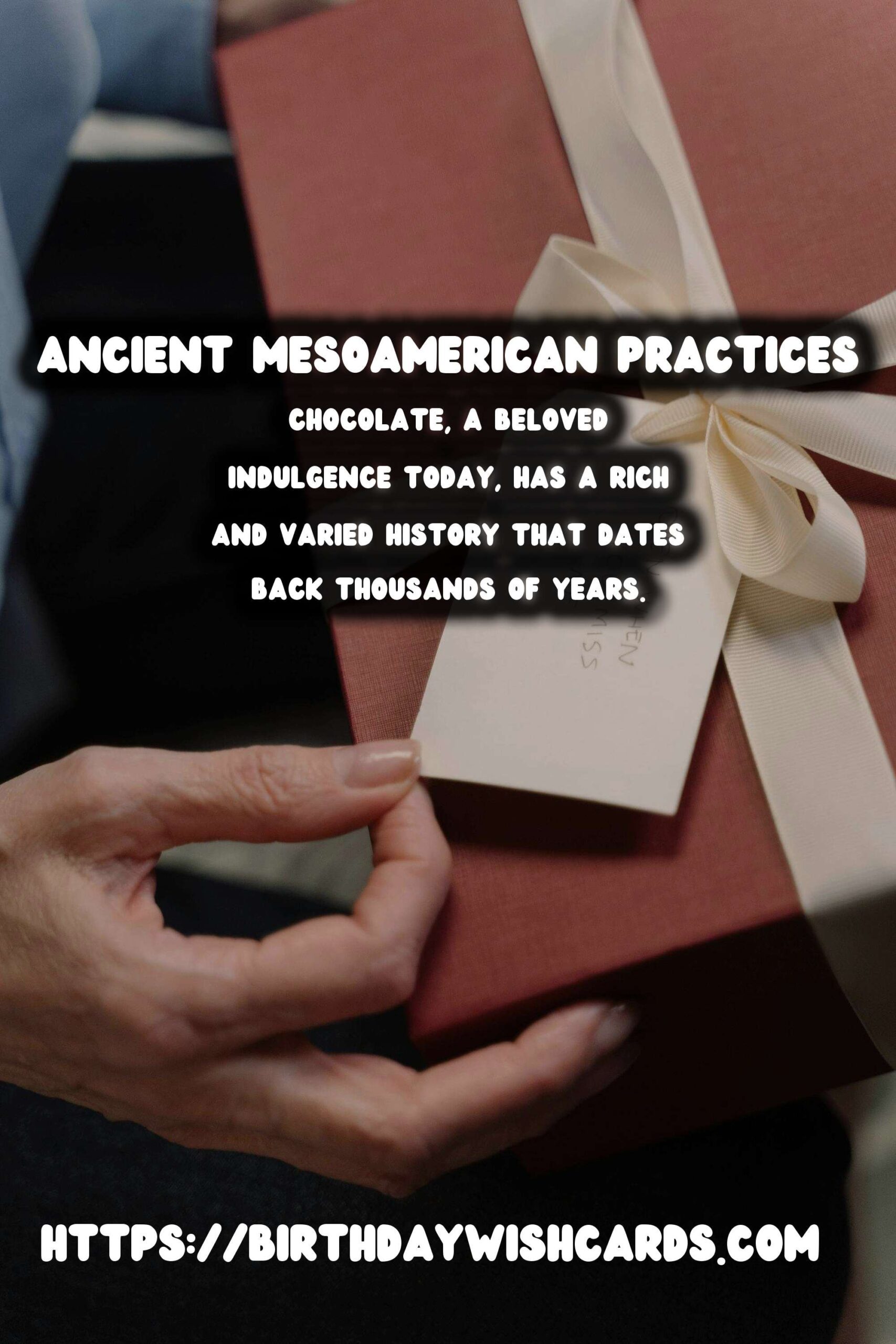
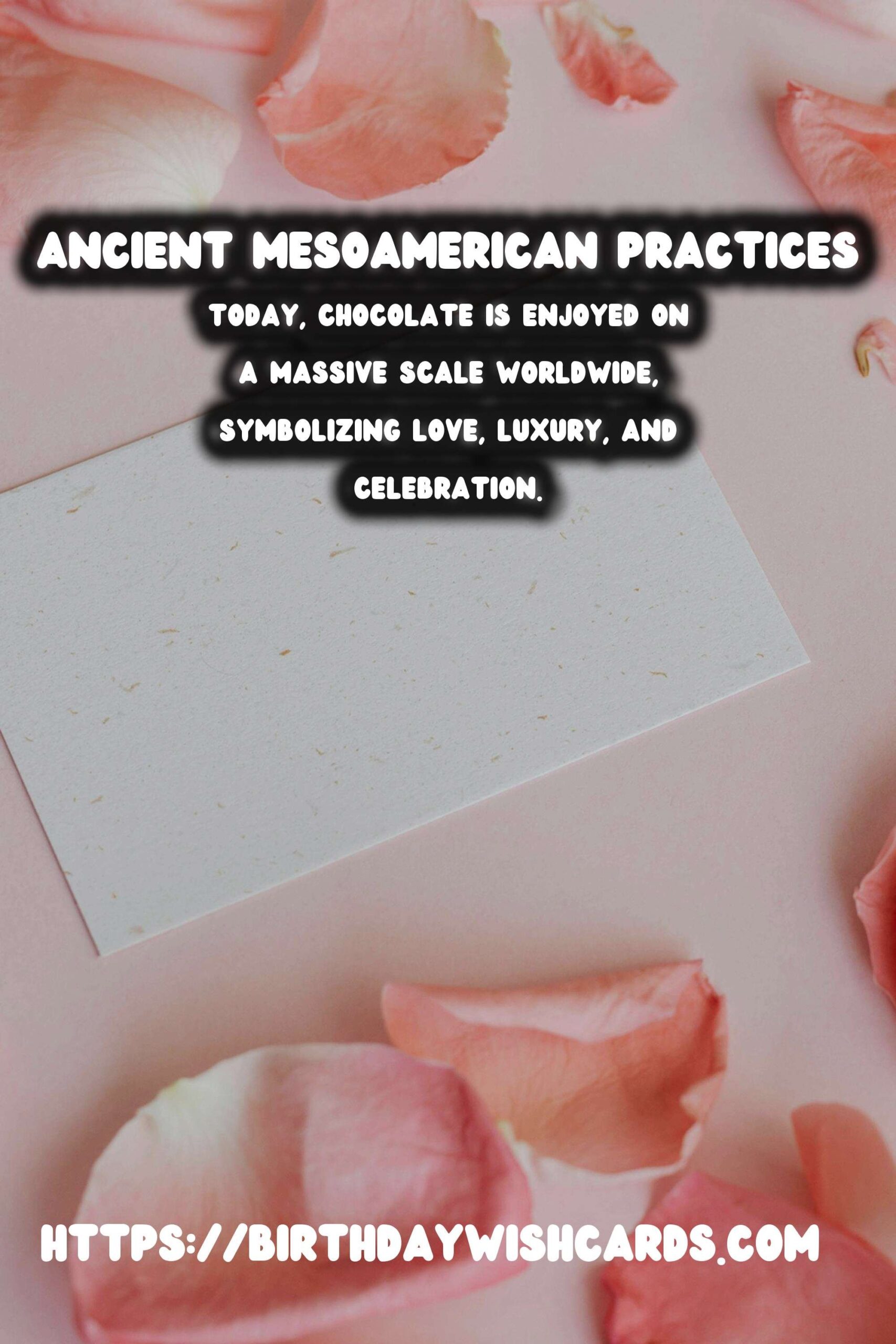
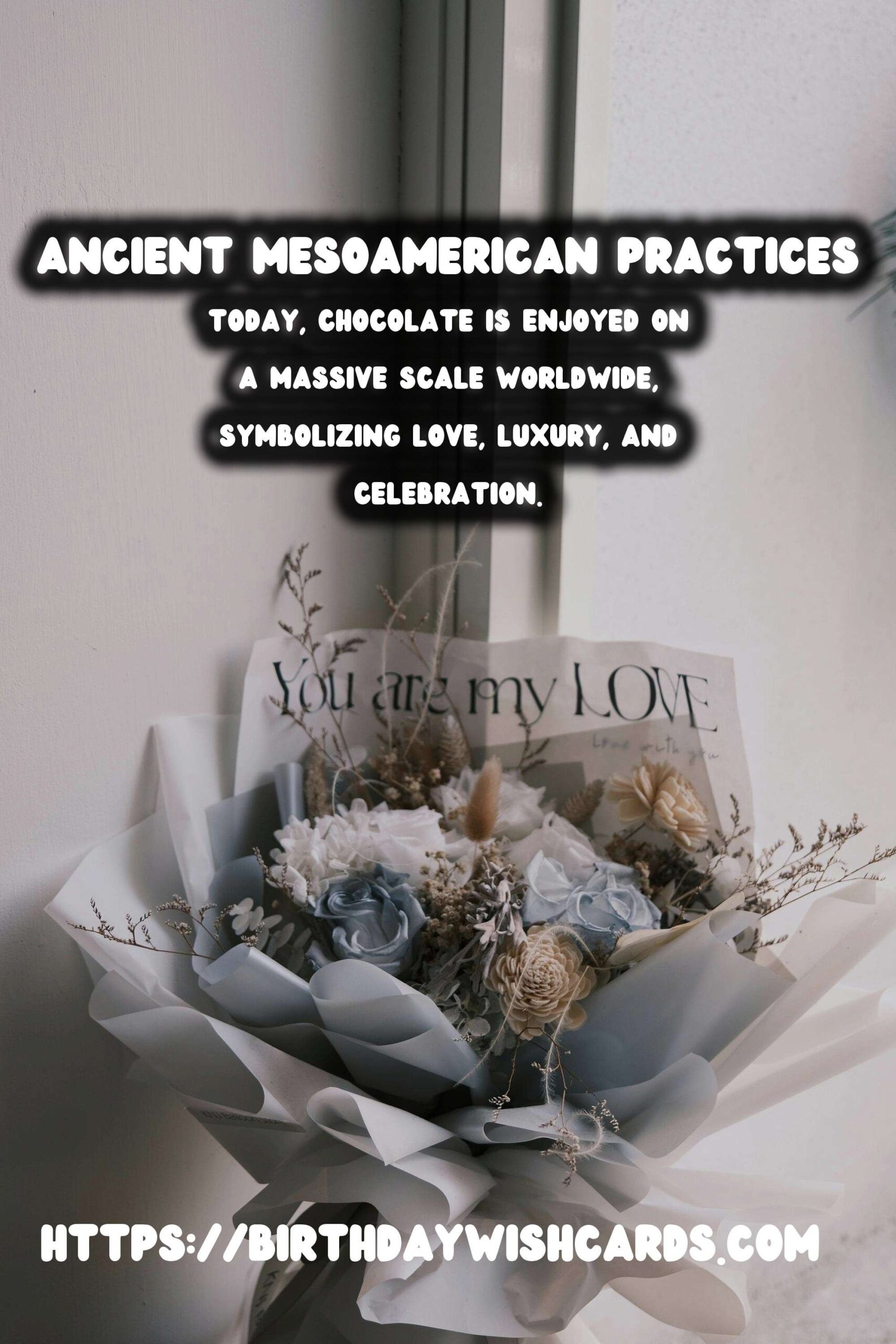
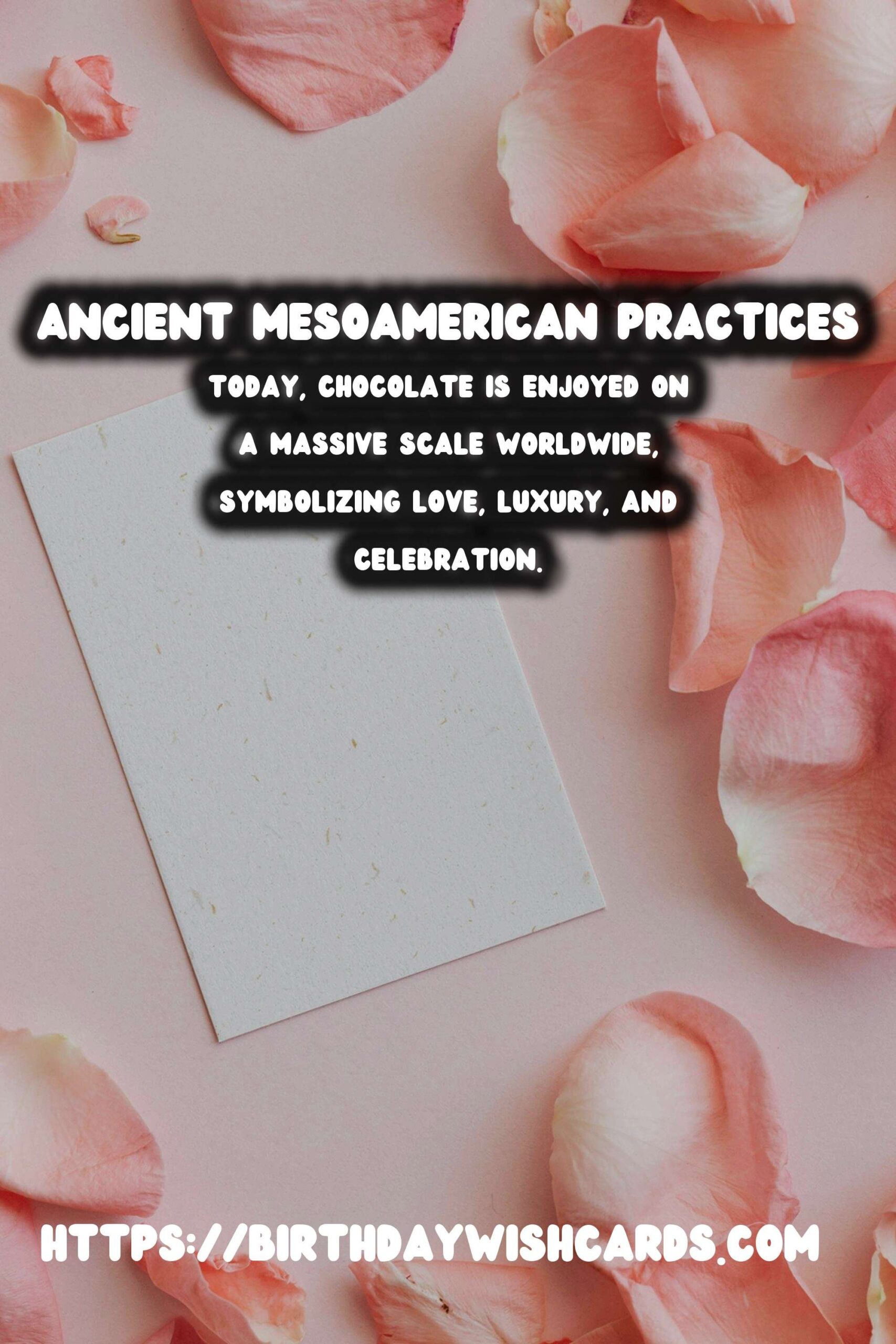

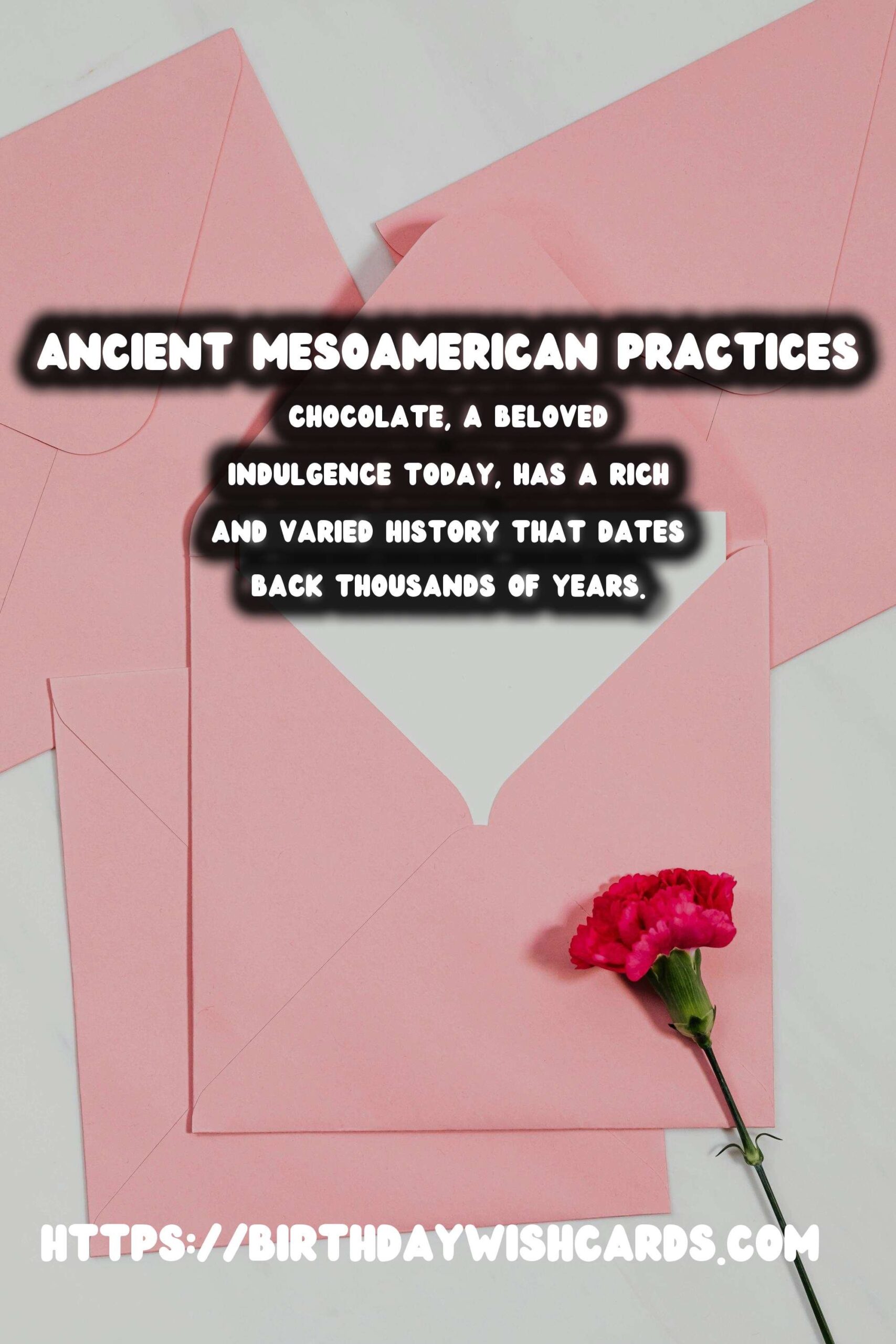
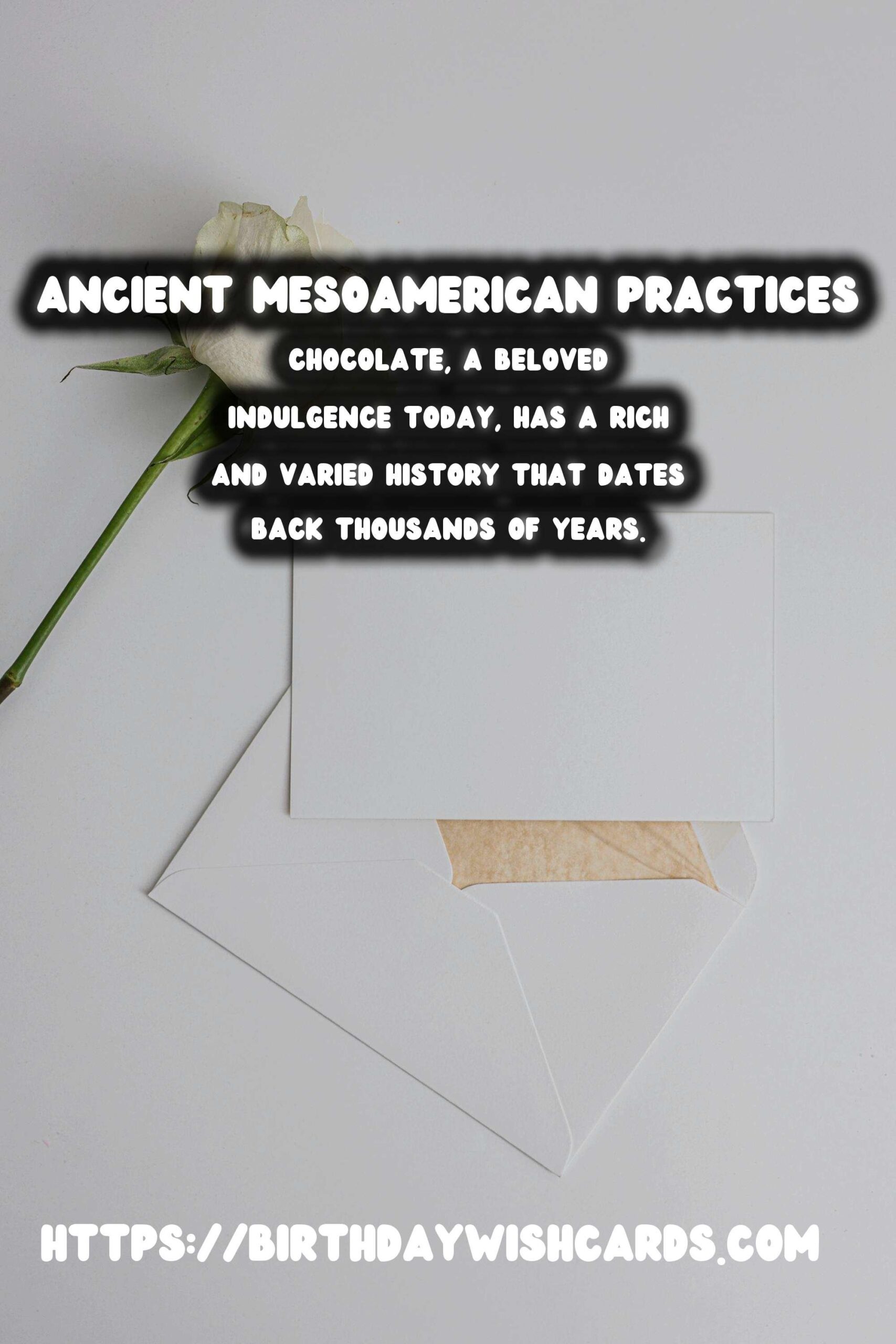

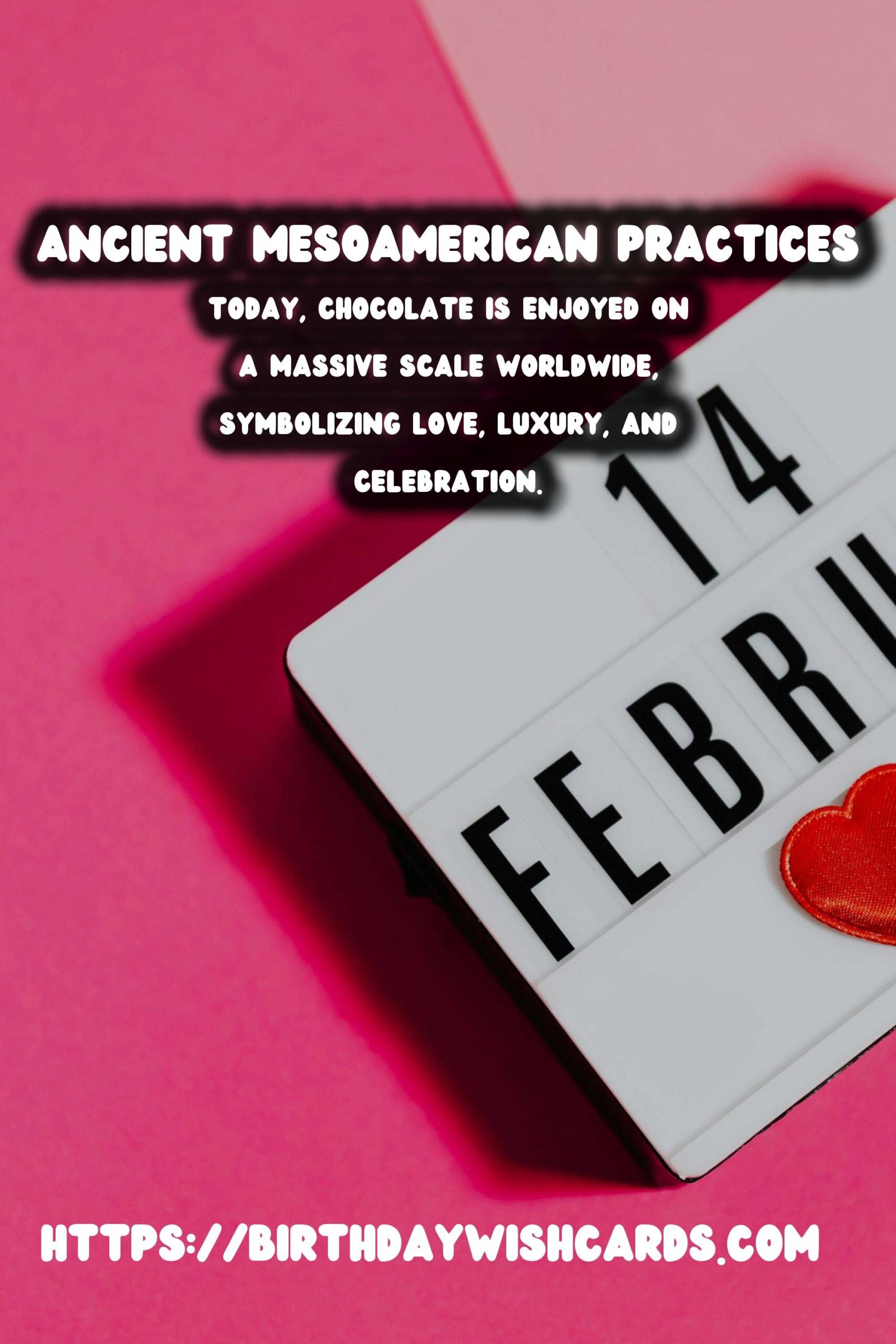
#HistoryOfChocolate #ChocolateJourney



